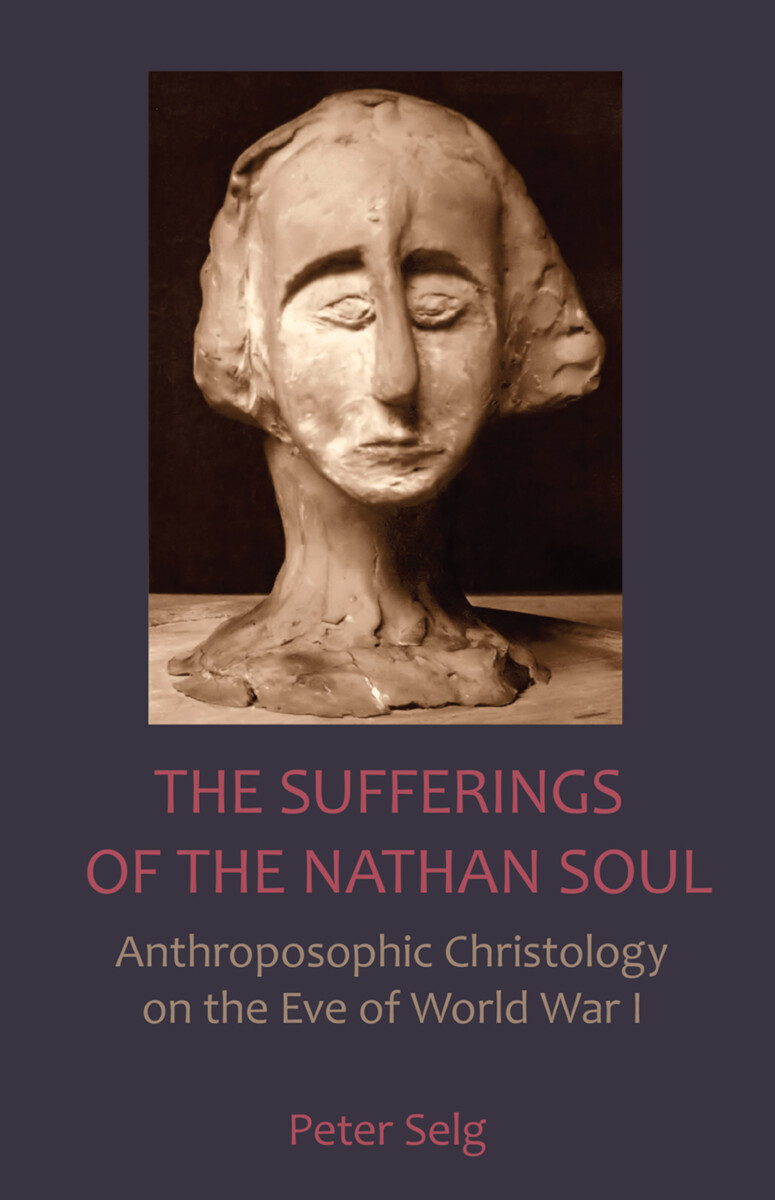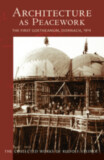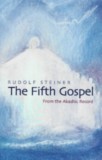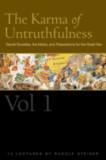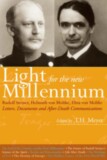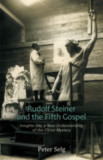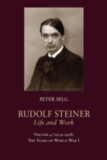The Sufferings of the Nathan Soul
Anthroposophic Christology on the Eve of World War I
- Publisher
SteinerBooks - Published
18th January 2016 - ISBN 9781621481508
- Language English
- Pages 114 pp.
- Size 5.5" x 8.5"
“Humanity must embark upon a conscious grasp of today’s events. For this reason, we must come to know Christ better, and this is connected with insight into the nature of the human being, Jesus of Nazareth” (Rudolf Steiner).
On 1 June 1914, Rudolf Steiner spoke in Basel for the last time before the outbreak of World War I, and for the last time ever in all his lectures and writings about the Nathan soul and its relationship with the Mystery of Golgotha. This internal lecture, given only for members of the Anthroposophical Society, concluded a series of profound Christological reflections begun on September 20, 1913, at the laying of the foundation stone for the St. John’s building (the first Goetheanum) in nearby Dornach and culminating (four weeks before the Sarajevo assassination that sparked the Great War) in the motif of “selflessness,” whose importance for the future Steiner stressed with great and unmistakable emphasis.
This study by Peter Selg—first published on the centennial of the outbreak of World War I—focuses on the development of key motifs in Steiner’s lectures in the immediate prewar period: the “Fifth Gospel,” the Nathan soul, and Christ’s act of sacrifice. Also contained here is the entire text of Rudolf Steiner’s lecture in Basel on June 1, 1914, whose important words of introduction have appeared only once before, in the Goetheanum newsletter in 1936.
C O N T E N T S:
Foreword
1. Rudolf Steiner: “The Four Christ Sacrifices and the Culture of Selflessness” (Basel, June 1, 1914)
2. Peter Selg: Preludes to the Mystery of Golgotha: The account given in Basel, and the culmination of anthroposophic Christology before the outbreak of World War I
Peter Selg
Peter Selg studied medicine in Witten-Herdecke, Zurich, and Berlin and, until 2000, worked as the head physician of the juvenile psychiatry department of Herdecke Hospital in Germany. Dr. Selg is director of the Ita Wegman Institute for Basic Research into Anthroposophy (Arlesheim, Switzerland), professor of medicine at the Alanus University of Arts and Social Sciences (Germany), and co-leader of the General Anthroposophical Section at the Goetheanum. He is the author of numerous books on Rudolf Steiner, anthroposophy, medical ethics, and the development of culture and consciousness.
Rudolf Steiner
Rudolf Steiner (b. Rudolf Joseph Lorenz Steiner, 1861–1925) was born in the small village of Kraljevec, Austro-Hungarian Empire (now in Croatia), where he grew up. As a young man, he lived in Weimar and Berlin, where he became a well-published scientific, literary, and philosophical scholar, known especially for his work with Goethe’s scientific writings. Steiner termed his spiritual philosophy anthroposophy, meaning “wisdom of the human being.” As an exceptionally developed seer, he based his work on direct knowledge and perception of spiritual dimensions. He initiated a modern, universal “spiritual science” that is accessible to anyone willing to exercise clear and unbiased thinking. From his spiritual investigations, Steiner provided suggestions for the renewal of numerous activities, including education (general and for special needs), agriculture, medicine, economics, architecture, science, philosophy, Christianity, and the arts. There are currently thousands of schools, clinics, farms, and initiatives in other fields that involve practical work based on the principles Steiner developed. His many published works feature his research into the spiritual nature of human beings, the evolution of the world and humanity, and methods for personal development. He wrote some thirty books and delivered more than six thousand lectures throughout much of Europe. In 1924, Steiner founded the General Anthroposophical Society, which today has branches around the world.


